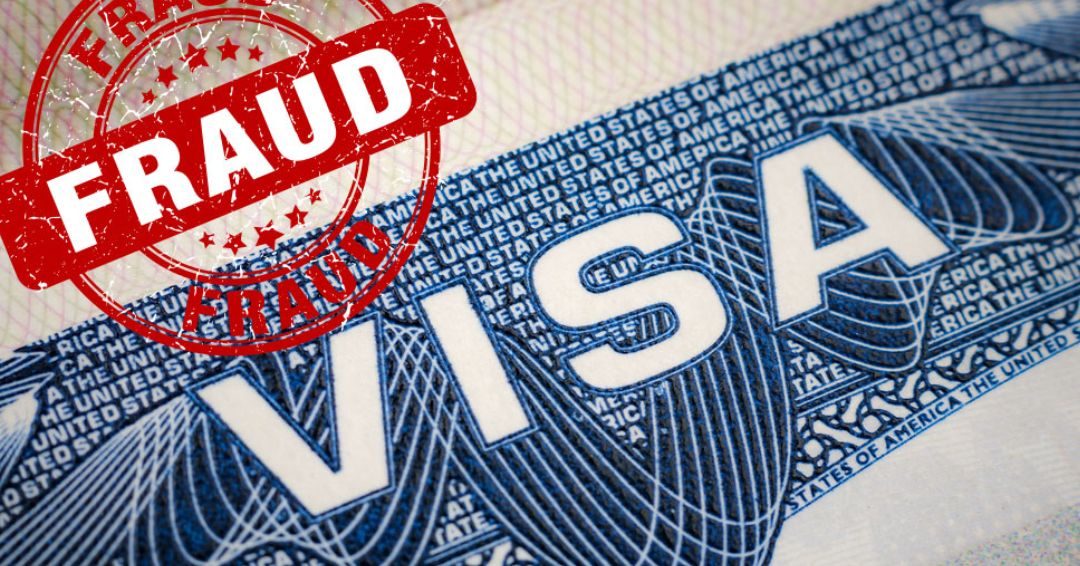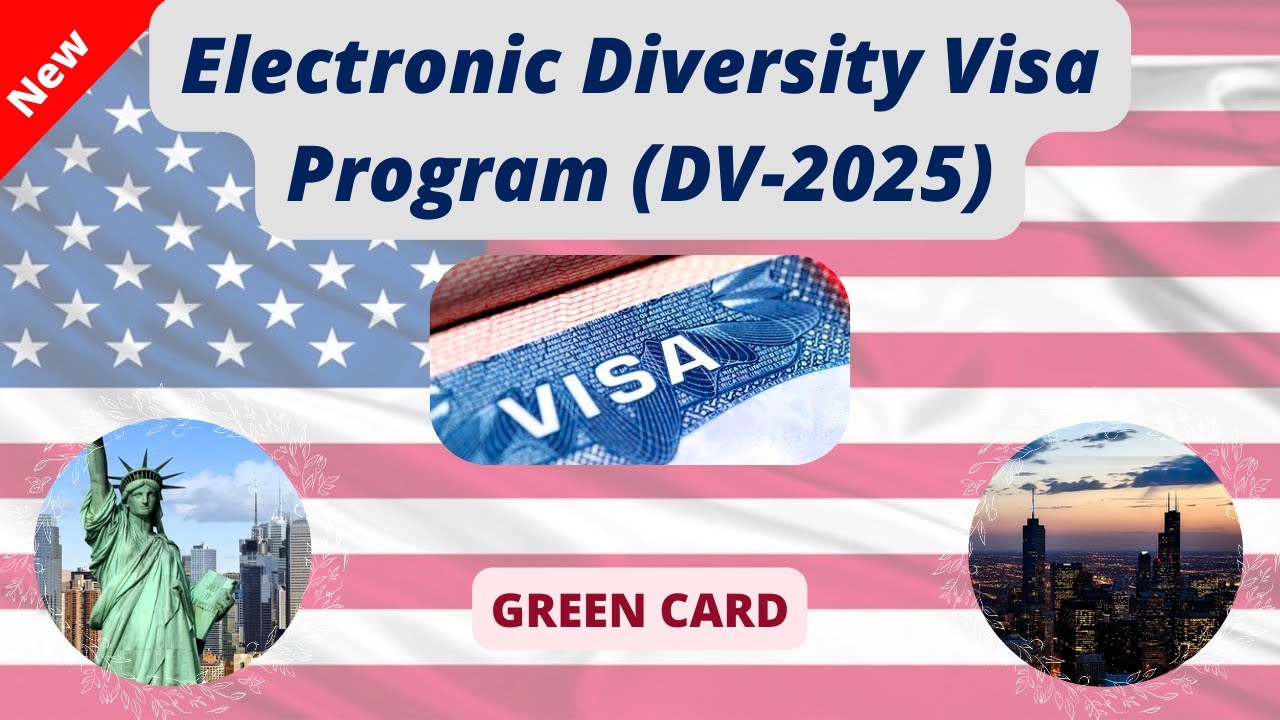Immigration
Ways To Identify Fake Visa Agents or Website And Avoid Being Scammed
Ways To Identify Fake Visa Agents or Website And Avoid Being Scammed
Visa Scam! If you keep your eyes open wide enough you would have noticed how rampant Visa Scam is. immigration fraud is on the rise, Scammers are taking advantage of people hoping to start a new life abroad.
With many people Hoping to travel abroad for different reasons such as – studying overseas, migrating overseas, working overseas, investing overseas, and working overseas – there has been an increasing demand for visas globally. With the need for visas growing at an unprecedented rate, there has also been an increase in visa scams likewise.
7 Canadian Jobs That Don’t Need a Degree But Still Pay Well
Of course, there are many commercial or private websites that offer Legitimate immigration or citizenship services. Some promote legitimate representatives’ services that you will need to pay for. Others will offer false guarantees to take your money or steal your private information. these fraudsters have remained relentless, even opportunistic, in their efforts to scam innocent people. They have found various ways to target unsuspecting people and cheat them out of their hard-earned money, often under the guise of a reputable immigration company.
There have been many instances where the scammers impersonated employees or associates of some well-known companies or government organizations. Winning the trust of the unsuspecting visa applicants, such fraudsters and scammers ask for payments for all kinds of services, rendered or not.

In this article, we will be telling you how to spot Fake immigration websites and Scammers
How To Tell If An Immigration Agency Website Is A Scam Or Fake.
Below are a few tips on how to spot if an immigration agency is fake or real and avoid being duped by copycat websites.
- Fraudulent Scholarship Agents: You can be targeted by individuals who pose as scholarship agents promising to guarantee a scholarship to Study Abroad. Potential applicants are often urged to pay money, in return for support and guidance in filling a form and submitting a successful application.
- Internet Dating/Lonely Heart Scams: There have been a number of instances where Abroad citizens and permanent residents believe they have formed relationships with persons from another country over the internet, only to discover that the purported relationship is actually part of an ongoing scam to defraud them out of large sums of money or to obtain permanent migration status in Abroad. In some instances, persons have also experienced physical harm as a result of the actions of the criminal networks operating these scams.
- A website might be a fake or a scam if the website offers special, too good to be true immigration deals, or guarantees entry abroad, high-paying jobs or faster processing of your application.
- Strange E-mail Address: We highly recommend that you check the email address before you open it as it could leave you vulnerable to malware or hackers, which could put your personal and private information at risk. If you receive a legitimate email from the Official Website, the address will always be linked to our main domain. Be very careful if it is not because this could mean that you are dealing with a fake immigration agency and not the real one.
- Fake Visa agents Often pass on the blame to the embassy and claim to have no idea when the embassy will reach a conclusion on your application.
- Fake visa agents do not have a physical office: The internet is a no man’s land. This is why you should make due diligence when hiring a visa agent whom you have only come across online. And why you should ask for their physical address and visit them. There are cases where some high-level fake visa agents own physical but temporary offices. But such offices would look appear weird.
- Fabricated job offers often follow up the initial call by the scammer. E-mails are sent with official-looking documents asking either for private information to be supplied or for an upfront payment to be made.
- WhatsApp Payment Requests: A reputable immigration agency will never ask to process your application via a chat app.
- Fake Visa Consultant: A reputable immigration agency or consultant will never offer paid services without a registered RCIC or Regulated Canadian Immigration Consultants or a certified immigration lawyer. An RCIC or immigration lawyer is legally authorized by the Canadian Government to offer immigration advice as well as submit your Canadian visa application for you. Now, this is where you need to be careful. Saying that you have an RCIC doesn’t automatically mean it’s true.
Also, be aware that you may be being scammed if:
- you cannot reach anyone listed in the website’s contact information, or the website has no contact information.
- the company’s or representative’s credentials cannot be found on the site. Paid representatives have to be authorized.
- the employer or agent demands that you pay them a large upfront amount of cash for an ETA or a Visitor visa
- you are told to get an ETA or Visitor visa for work
- you are told to set up a company and to apply for an Australian Business Number (ABN) in order to work
- the agent organizes fake documents and photographs
- the agent will only provide you with a handwritten contract or handwritten agreement
- you are promised permanent residence in Australia, Canada or USA just like that
- the employer or agent uses the Official Australian, Canadian, USA coat of arms on their website to deceive people into thinking that what they are offering is approved by the Government
- you are told you will be paid in cash only
- there is no padlock in the browser window or HTTPS:// at the beginning of the web address to show it is a secure site. Even if the site appears secure, be cautious.
IF you come across a suspicious site or Visa agent and you are not sure if you should proceed with them or run away with your two legs to avoid getting scammed, YOU SHOULD
- Do a Web search to see if anyone has reported any problems with that site
- Contact the website owner by telephone or email before you do anything.
- Make sure your browser is up to date.
- Browser filters can help detect fake websites.
- Do not give out personal information unless you are sure the site is secure and you know whom you are dealing with.
- Read disclaimers, notices, and terms and conditions before you do anything.
- If you choose to pay for a service, understand what you will receive for your money before you accept or sign anything.















